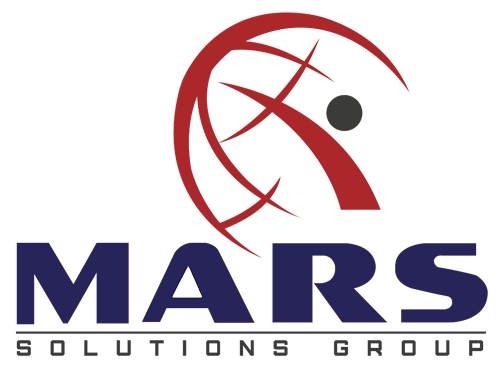Valerie Buchman
Administrative Assistant
You have finally landed a job interview after months of searching. Your resume is meticulous. You have researched the company and their culture. You are prepared. Why is it that when the interview begins, one question can throw off our preparation?
“What is your greatest weakness?”
Another way to think about this question is, “how do you handle adversity?” The key to answering this question is by having thought out an answer beforehand. Prior to your interview, take time to reflect and note when you struggled on the job. If possible, review past performance evaluations or times when you received constructive criticism from a manager. Then, think about how you have worked through that weakness or are in the process of working through it. For example, you could explain how previously you were lacking knowledge of JavaScript, but recently completed a certification in that language. Therefore, when the time comes to answer the question of “what is your greatest weakness?” you are readily available to provide specific examples. Use this time to make your weakness a strength and turn a potential negative into a positive. Be mindful of the job description when answering this question. You don’t want your weakness matching what the job is looking for, that might be seen as a liability to the company.
“Why should we hire you?”
This question can be navigated by reinforcing the skills you currently possess and how those skills match what the employer is looking for. What can you add to their company that they are currently in need of? Speak positively and with confidence about yourself and your skillset. Highlight times you went above and beyond in your current role and how you will bring that same motivation into the job you have applied for.
“How do you handle workplace conflicts?”
Not many people enjoy confrontation, let alone in their place of business. Reflect upon this question before entering the interview. Think of a time when you and a co-worker had a disagreement and how that was resolved. When answering this question be careful not to speak negatively about a previous employer or colleague. That reflects poorly on you and your ability to handle the possibility of a future conflict in the workplace. Speak honestly and openly about the conflict and what steps were taken to resolve it, preferably with a positive ending.
“How would your boss/co-workers describe you?”
This is the time to remember the accolades or compliments you have received in the past. It is okay to sound like you’re bragging, because you are. However, you are utilizing other’s words and viewpoints. Keep your responses short; try to highlight 3 traits and give a brief example of each. Another way to prepare for this question is by reviewing past performance evaluations. What positive things did your manager say about you that you feel should be mentioned?
Other key points to remember:
- Never respond with “I don’t know/I can’t think of anything/I don’t have any questions.”
- It’s okay to pause and ask for a moment to collect your thoughts.
- Soft skills, such as communication style, time management, and adaptability are important.
- Don’t forget: eye contact, how you dress, and body language are equally important.
You’ve done the hardest part: getting an interview. According to Legaljobs, on average approximately 118 people will apply for the same job while only 20% of those individuals will be interviewed; that equates to 1 in 7 people. Remember, an interview is a conversation where the employer learns about you, but you learn about them too. So, what is your greatest weakness? Do your preliminary preparations, practice, and go forward with confidence!


